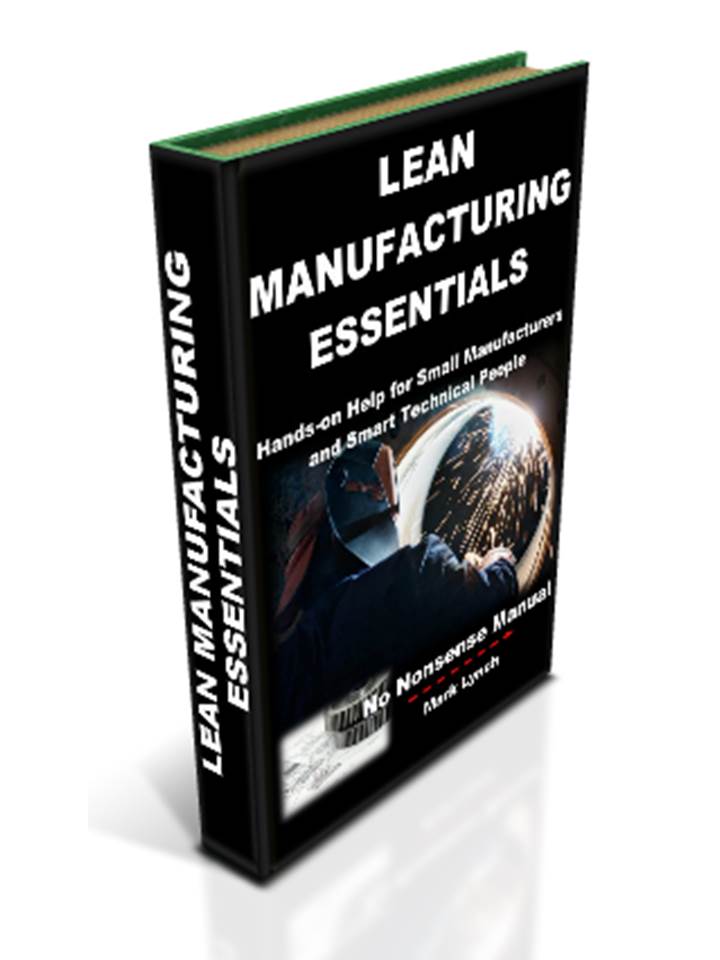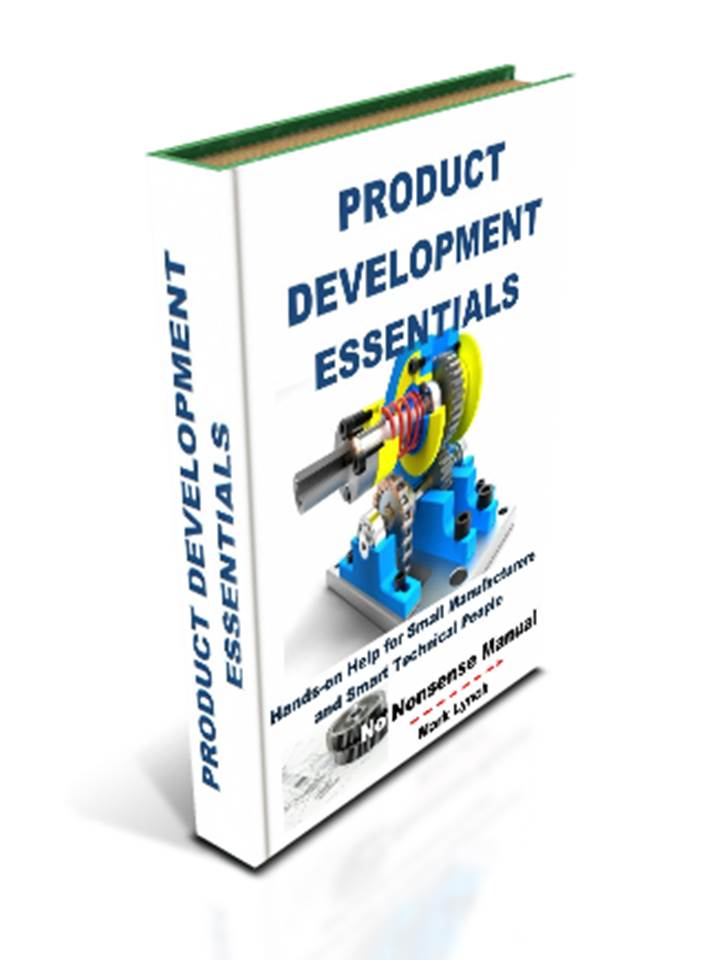'Hands-on Help for SMEs' and Smart Technical People'
Vocational Training for Manufacturers:
Small Manufacturing Business Considerations
Career Management for Engineers
Vocational Training for Manufacturers: Practical Considerations...
Skills & Training Introduction
Manufacturing industry currently faces a skills shortage – fact! In a number of areas it is acute. It’s also been said the future lies in knowledge intensive, higher-value sectors. Not being able to recruit enough skilled technical staff is a serious problem common to many businesses across industry, with numerous vacancies taking a long time to fill.
One approach is to grow and develop the skills you need internally, by increasing the talent of your existing employees. This is a complimentary tactic to simply hoping your latest recruitment campaign delivers you the ideal candidate.
As such, training and research initiatives go a long way to addressing the skills shortage deficit. There are a variety of structured schemes available to simplify and structure training for employees. Also, help exists to assist businesses set up and integrate schemes. Importantly, the cost of training is often subsidised, therefore minimising the investment and risk to companies. Vocational training for manufacturers benefits are numerous and are listed shortly.
Cutting edge thinking and best practice knowledge are two advantages derived from training and research. These can and should be exploited for commercial gain. This section provides you with the information to achieve success in both these areas, whatever industry sector your business is in.
The Skills Shortage is Critical section compliments the information here. It includes powerful, targeted and practical help for small manufacturers and individuals.
2 topics are covered below:
- Benefits of a Proactive Training and Development Policy for Small Manufacturers
- Tailoring and Adapting Training to Suit Your Business
Vocational Training for Manufacturers: More Practical Considerations...
Benefits of a Proactive Training and Skills Development Plan for Small Manufacturers
- Valuable, worthwhile training can often help retain your best employees, particularly if you are not in a position to increase wages.
- Offering training and development, as part of a recruitment package (together with salary, annual leave etc) greatly increases your chances of employing the brightest and the best.
- Highly skilled employees deliver better quality products, manufactured with shorter lead-times, at lower cost.
- A long term commitment to training enables employees to remain familiar with ever changing ideas, technologies, equipment and applications.
- Well trained workers improve the company reputation, when interacting with customers, suppliers and other stakeholders.
- Well trained employees are more likely to be faster, more flexible learners, therefore enabling businesses to commercially exploit new technologies and ideas.
- Companies with a reputation for recruiting and supporting highly trained employees are more likely to attract staff of a similar calibre in the future.
- Young trainees are often extremely enthusiastic and dedicated to work. This can increase overall productivity and compliments the knowledge and experience of older workers.
- Young trainees can be used to kick-start many projects companies may have had in the pipeline for a while. Likewise, they can often be used to complete lower priority projects that have been delayed or put on hold.
- Typically, young trainees cost less to employ than those further on in their career.
- Often older trainees can bring beneficial experiences and ideas from other companies and industries.
- Retraining existing staff with new skills provides companies with a more flexible workforce. The learning curve (therefore payback period) is often far shorter and less expensive than recruiting a new employee.
- Individuals who are studying as well as training at work, often undertake commercially valuable research and development projects.
- Businesses learn how to commercially capitalise on research and learning. Once this process is understood, it can be repeated in the future.
- Companies can increase competitiveness through new ideas and innovation
Vocational Training for Manufacturers: Further Practical Considerations...
Tailoring and Adapting Training to Suit Your Business
Vocational training is offered by a variety of providers, to various recognised standards. Whereas this is welcome, training should be adapted and tailored to your business if the organisation is to get the most out of it and the individual is to be the most productive. Training providers will teach with an emphasis on best practice and industry standards. However, the unique nature of every business should mean best practice is most effective when tailored and tweaked to fit your situation. Vocational training for manufacturers considerations include the following:
- The trainee should be made to informally present the key points of a training course back to colleagues, to demonstrate their understanding and disseminate knowledge.
- The duration and level of informality may vary - anything from a 10 minute chat to colleagues, through to briefing an audience with visual aids and hand-outs. Do whatever works for you and fits the culture of your company.
- The trainee should be made to consider examples of how key themes could be applied to improve specific processes in the workplace. Initial proposals can then be worked up into more formal improvement projects.
- Consider partnering younger trainees with more mature experienced operators, to transfer knowledge and understand how key processes are undertaken. This will give your resilience.
- Step-by-step instructions should be drafted and typed up. Consider adding images of key stages to illustrate what should be done.
- Short clips and digital video, perhaps filmed on mobile phones and downloaded on company IT networks, also provide excellent training material, as well as assisting the control of quality.
If you want to maximise the benefits of practical training, adapting best-practice to your personal situation really is key. For this to work employees need to have open minds and managers must be willing to listen to the people who actually do the job.
OK, so what are the best sources of vocational training for manufacturers, together with practical best practice considerations?...
Vocational Training for Manufacturers
Next... Apprenticeships, Vocational Initiatives & Organisations
Back to Your Career Management
Based on your experience, what’s the Single Best Piece of Advice you’ve heard for a Great Engineering Career?
Have you had an inspirational coach, mentor or manager? Knowing what you know now, what’s the single most effective piece of advice you’d give to a young engineer coming through now?











